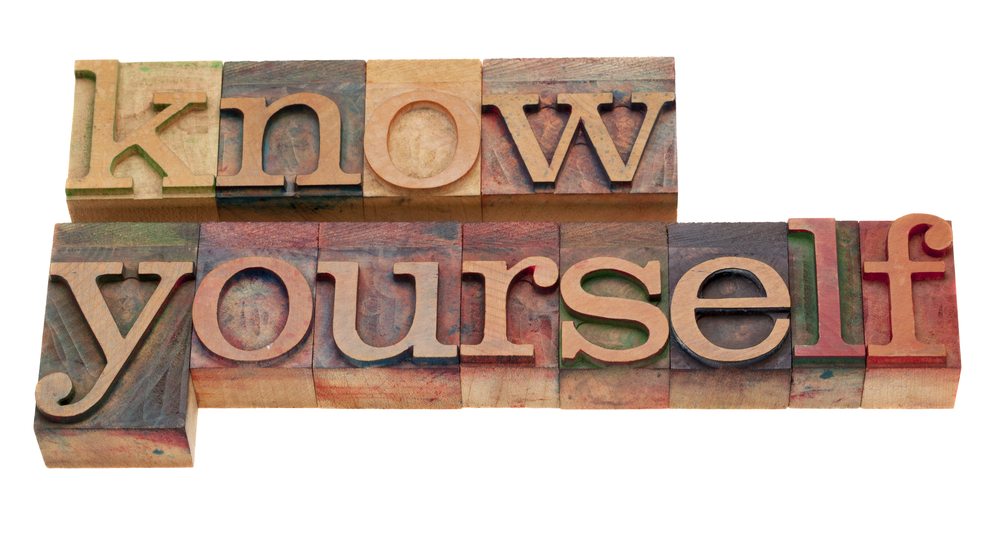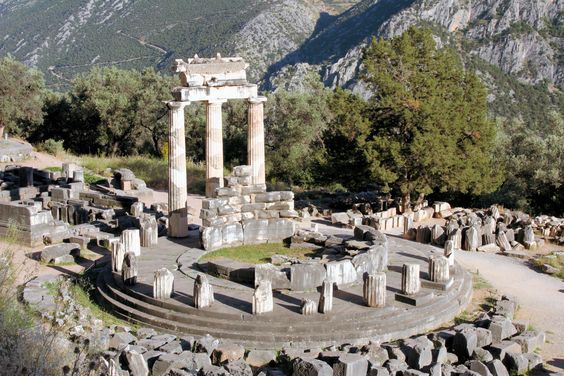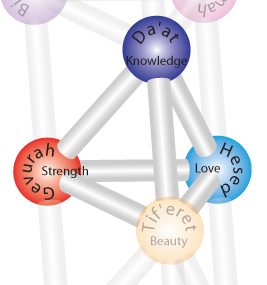Self-Knowledge & Freemasonry

The special thing about Freemasonry is that it is free of dogma or religious bigotry. It is truly open to all religious persuasions. Each ritual is progressive, building on the work that was set before the candidate in the previous ceremony.
It is the effectiveness of our teachings that inspired men the world over to wear the Masonic apron. The rituals of Freemasonry tap into the basic human urge to want to improve one’s self, and to make the world a better place for all. This we can achieve by knowing our self.
The journey of Freemasonry is the ongoing search for Light. Underlying all of our rituals, symbols, and teachings, this is no doubt the essential element of all. The ongoing journey takes many forms to as many different people, but this journey for Light is arguably one of self-discovery, a search for Gnosis.
According to wikipedia gnosis is the common Greek noun for knowledge. In Christian, Islamic, or Jewish mysticism, mystery religions and Gnosticism gnosis generally signifies a spiritual knowledge or “religion of knowledge”, in the sense of mystical enlightenment or “insight”.
 In the Ancient Mysteries, the quest for Gnosis or self-discovery was central to the doctrines and teachings. Across the portico of the Temple at Delphi (dedicated to the God Apollo and seat of the Oracle), were the words GNOTHI SEAUTON, meaning “Know Thyself.”
In the Ancient Mysteries, the quest for Gnosis or self-discovery was central to the doctrines and teachings. Across the portico of the Temple at Delphi (dedicated to the God Apollo and seat of the Oracle), were the words GNOTHI SEAUTON, meaning “Know Thyself.”
The ancient Greeks believed that self-knowledge can only be achieved through ongoing self-awareness and self-consciousness.
Gnosis comes from within each one of us through the secret knowledge of all things hidden. But this knowledge is not something that you will just find outside of yourself. Gnosis in its purest form is the intuitive spiritual knowledge that comes with knowing thyself and thy-spirit.
Plato describes this process when he says “all learning is remembering.” He calls this a recollection and restoration of the views a person once had, and original knowledge that was once lost. Today science describes part of this Gnostic experience that Plato had described as intuition.
Egyptian Proverbs were a very important part of the Ancient religion of Egypt, one of the main religious concepts the Egyptians had was “know yourself.” Their spiritual aspect of this concept held that within man is the divine essence of the Creator and the heavens. And this finds expression in their teaching: “The kingdom of heaven is within you; and whosoever shall know himself shall find it.”.
The ancient Egyptians described the Gnostic experience in many texts of their proverbs such as; “The body is the house of God,” and “Man, know thyself … and thou shalt know the gods.”
Proverbs were held as a teaching method for a man to understand the universe, thus they were inscribed in temples and tombs of Egypt, these inscriptions might be the first Holy Book known by man.
 The Hebrews describe Gnosis with Da’at. A Hebrew word for knowledge, that in the Kabbalah describes a mystical state one has as they ascend up the tree of life to then reach the self-giving Divine Light.
The Hebrews describe Gnosis with Da’at. A Hebrew word for knowledge, that in the Kabbalah describes a mystical state one has as they ascend up the tree of life to then reach the self-giving Divine Light.
In the Gospel of Thomas (part of the Dead Sea Scrolls), Thomas quotes Jesus to have said: “Behold, [when they say] the Kingdom is in heaven, then the birds of the heavens will be before you. If they say unto you: It is in the sea, then the fish will be before you. But the Kingdom is within you, and it is outside of you. When you know yourselves, then shall you be known, and you shall know that you are the sons of the living Father. But if you do not know yourselves, then you are in poverty, and you are poverty.”
What have the Ancient Egyptians, Greeks, Jews, early Christians, Buddhists and Hindus have in common?
Their teachings all say that the path of enlightenment is by knowing oneself. Exactly what we as Freemasons hope to achieve by studying and practicing our secret arts and hidden mysteries.
Only by truly knowing oneself we will achieve our masonic duty, namely to better the world by bettering our ourselves.
Article by: W.Br. Wito Schouten

Enlightenment achievement takes how long for most people? Is it normal to have divine light as a gift naturally? Can a gift such as enlightened be kept held back from lies and the person being stuck in the web of. Is the divine grace of god common as a regular life?
Thank you for your comment. Your questions, however, are difficult or even impossible to answer as the road to self-knowledge is a personal experience.
I’m really happy about what i just read.Please how can i be a member?
Dear Maxiane,
Please read this article: https://onthesquare.net/2b1ask1-how-to-join-freemasonry/
From your IP address, I can see that you are in Catalonia. We are based in Fuengirola, Malaga.
Best is to contact the Grand Lodge of Spain (GLE). The will be glad to put you in contact with a local Freemason Lodge.
https://gle.org/